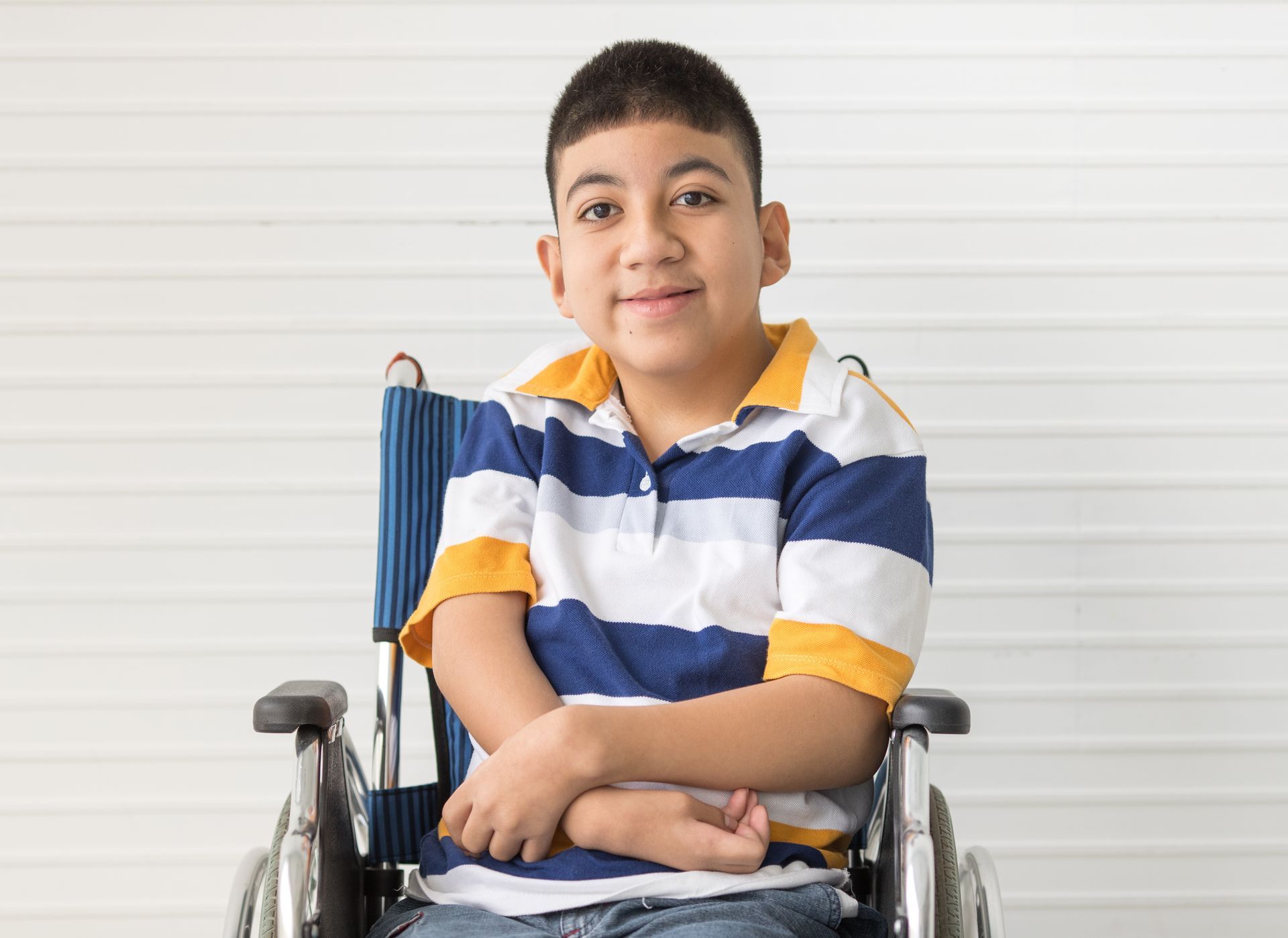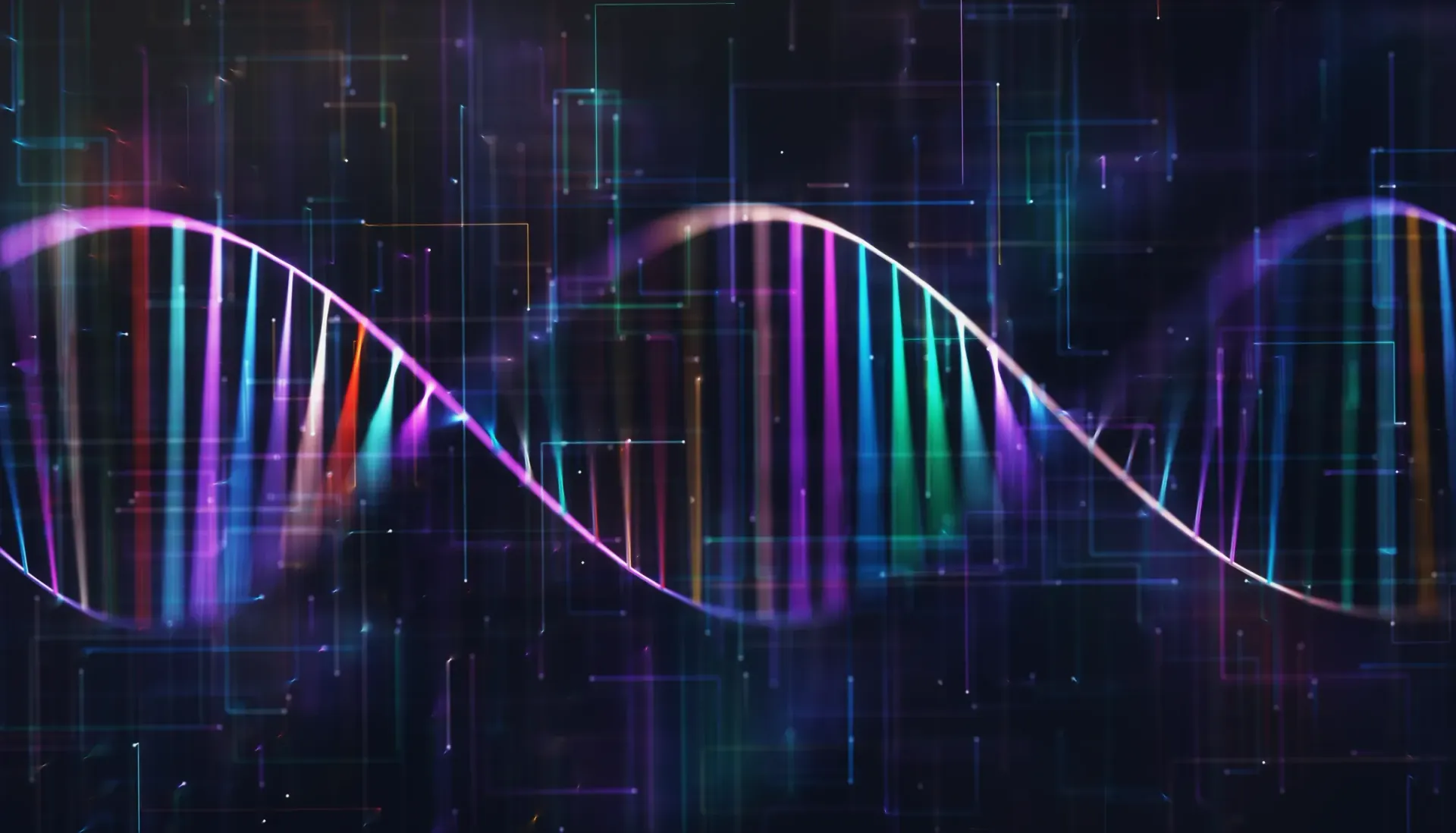RECAP OF THE RECORD-BREAKING 260-MILES FROM D.C. TO NJ
Manalapan Dad Walks Record-Breaking 260-Miles From D.C. To NJ For Son With Rare Disease
MANALAPAN, NJ – In just an 8 day period from Monday, Oct. 12 to Monday, Oct. 19, Manalapan resident Jim Raffone and a small team walked from Washington D.C. to Old Bridge, New Jersey. This record-breaking journey was all in an attempt to raise money for a cure for a fatal disease affecting his son.
Raffone’s 11-year-old Jamesy was born with Duchenne Muscular Dystrophy (DMD), a rare genetic disorder that affects some 20,000 boys in the U.S. It is one hundred percent fatal, and those with a diagnosis typically don’t live past their early twenties. Jamesy was diagnosed at age four and Jim recalls it being the worst day of his life.
In 2013, Raffone founded JAR of Hope, a nonprofit organization aimed at finding a cure for DMD. Within seven years, Jamesy’s parents have fundraised through galas and golf outings, push-up campaigns and even completed some of the hardest races on the planet, ranging from a seven-day 171-mile run through the desert to a 12-day trek throughout New Zealand and Australia.
With COVID-19 and the related closures, many of JAR of Hope’s planned fundraising events this year were cancelled. Jim knew he had to come up with something big to make up for lost time. The foundation desperately needed to continue to raise funds for a critical study involving numerous young boys with DMD.
JAR of Hope Treasurer Joe Ippolito and Jim came up with this idea for a record-breaking 260-mile trek. They started in Washington D.C. and made their way North, stopping at sponsored check points along the way to raise awareness. They were always met with an amazing response from the local communities. Their partnership with All American Ford in Old Bridge helped them connected with some Ford dealerships along the way – most got their local first responders involved and headed their own fundraising efforts in support.


The last sponsored checkpoint was All American Ford in Old Bridge, which is proudly family owned and operated by the Savinos and Selmans. The Savino family has long supported JAR of Hope as Jim Raffone was a customer and told his story to them some 5 years ago. Ever since, Jason Savino, Marketing Director for the All American Auto Group, and Jim Raffone have come up with some amazing fundraising ideas. Just earlier this year in January, they held the first ever charity poker event in the All American Ford in Old Bridge showroom which raised over $100,000 for JAR of Hope.
The Savino family presented a check to JAR of Hope for $88,000, which along with the dealership staff, they helped raised leading up to the event. After the stop at All American Ford in Old Bridge, it was off to the official journey finish line at Lombardi Field in Old Bridge. The All American staff joined Jim and the JAR of Hope family & team on the last 2 miles of the trek to the finish line ceremony. Old Bridge Mayor Owen Henry and Congressman Chris Smith were waiting for them at the field to present a JAR of Hope flag that was flown over the Capitol Building in D.C. as a sign of support.
Jim has called the journey one of the hardest in his life, mostly the fact of being away from his family for 8 days. It was a huge success though, raising much needed awareness across multiple states and getting much needed funding during such a tough year. JAR of Hope raised over $165,000! It captured the attention of the media and was covered by News12, ABC7 News, CentralJersey.com, Patch.com, TheJournalsNJ.com, TheDad.com, New Jersey News Network and more!











